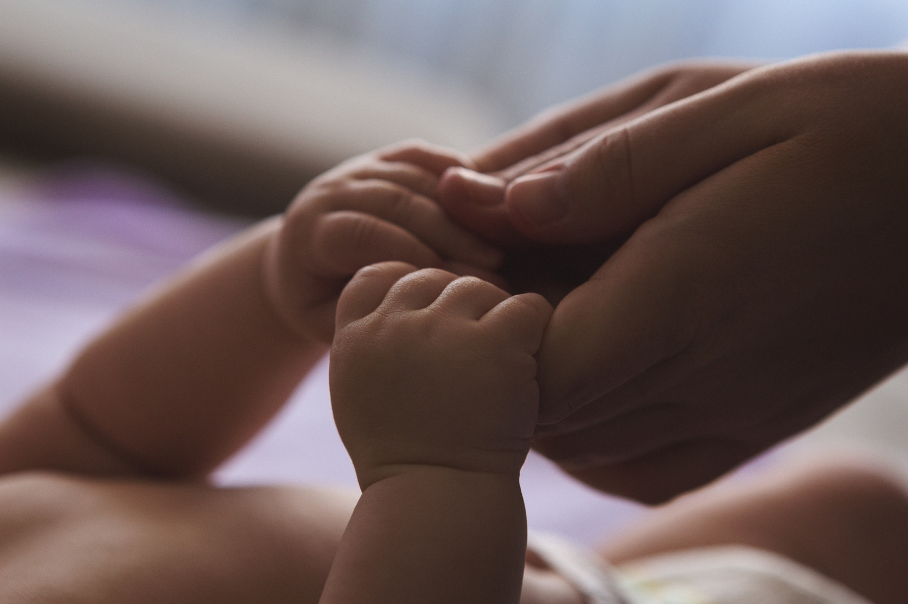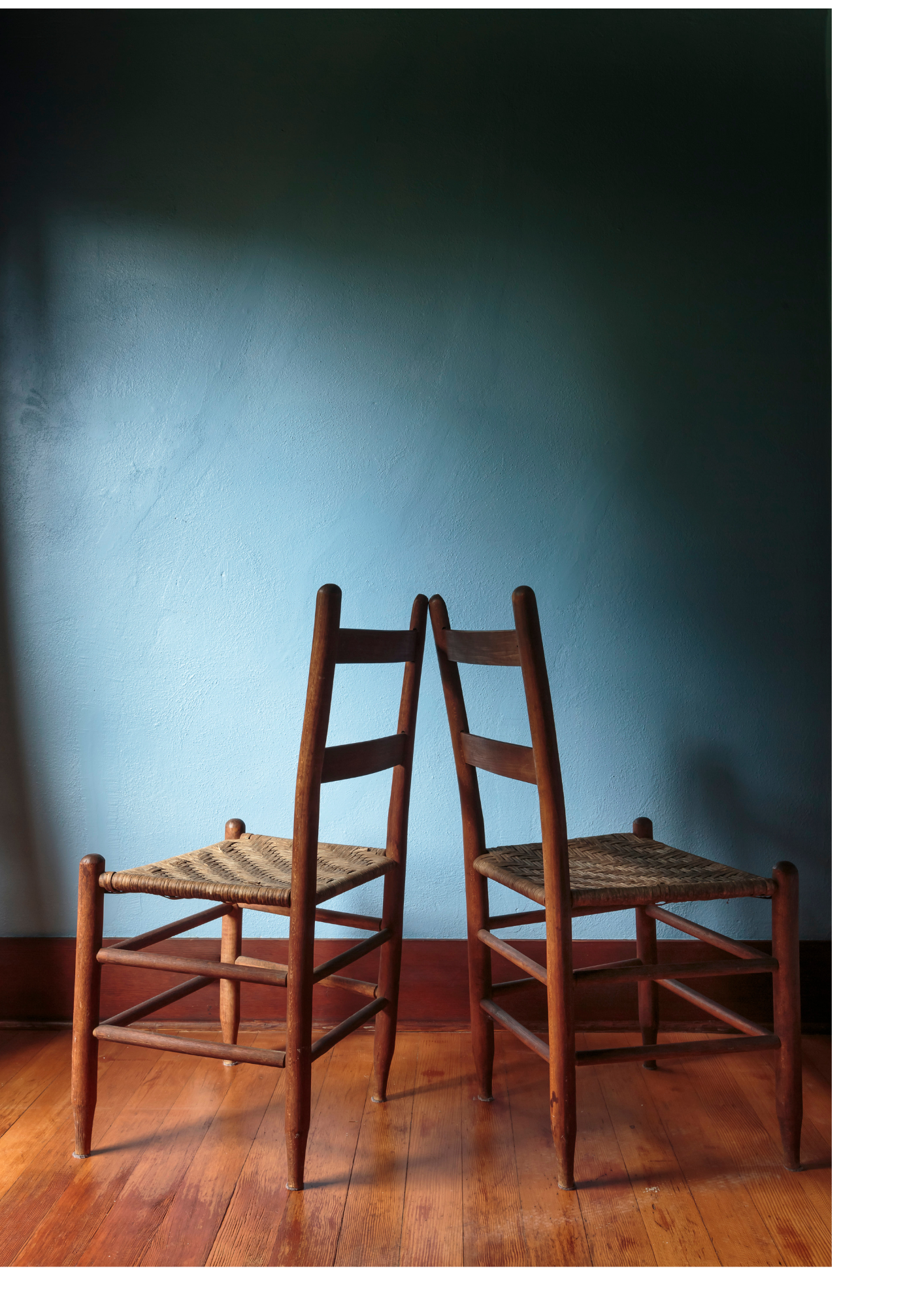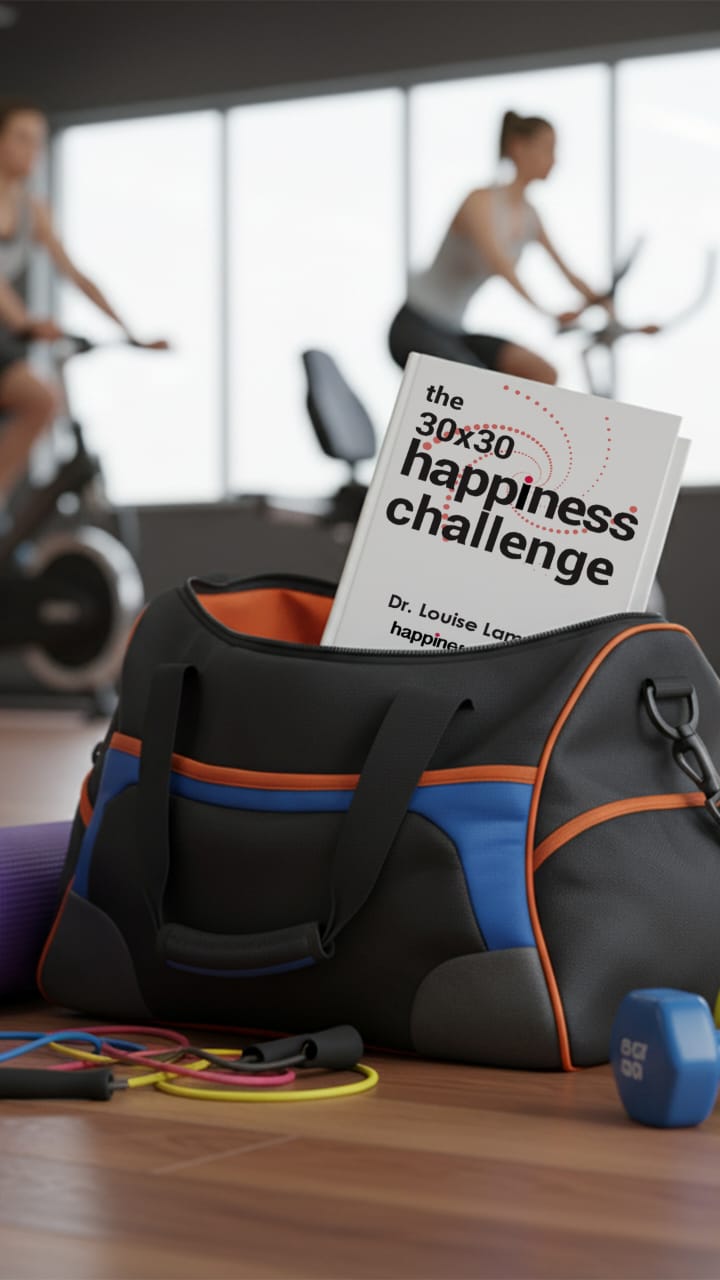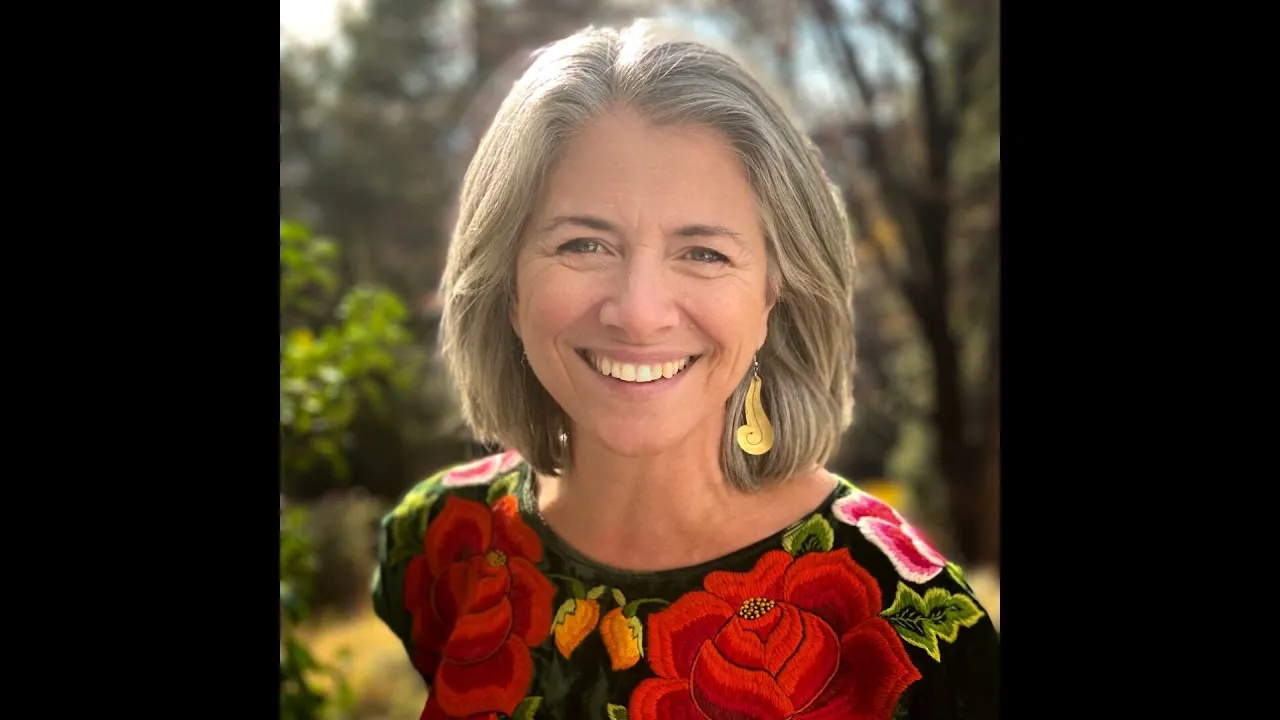Separation and Divorce Ambivalence in Family Mediation
Attachment in adult relationships Couples facing separation must cut their legal and financial ties and grow out of their emotional […]
Read complete blog >>
Women who raise children without having experienced a nurturing or present mother themselves are called motherless mothers. Their mothers may have died during their infancy or childhood. Or, they may have been emotionally unavailable, neglectful, abusive, or otherwise absent.
While the transition into motherhood can be challenging for any woman, it can be particularly anxiety‑provoking for motherless mothers. It can stir up grief for the care they never received. Some women who lacked a maternal figure, or experienced harmful mothering, may choose not to become mothers at all. Others may find the transition destabilising as old wounds resurface.
A woman may become a mother by giving birth or adopting a child. She may become a mother by fostering a child in an official capacity, or, as many women do, by caring for children and young people in her community who need some motherly nurturing.
The birth of a mother is not always tied to the arrival of a child in her life. The journey into psychological motherhood can begin long before, during pregnancy, or even years after becoming a biological mother.
When a woman's maternal nature awakens, she begins a transformation into motherhood. This inner transformation unfolds over time. For some women, the process feels instinctive and joyful, filling their lives with meaning. Other women may find it challenging, especially if they grew up without consistent, loving mothering.
Motherless mothers often step into motherhood without a clear roadmap. Without a maternal model to draw from, they may struggle with anxiety or inadvertently repeat harmful generational patterns. Some worry about the harm that was done to them, fearing it may happen to their children. Others carry a deep fear of losing their own children, especially when their children reach the same age they were when they lost their mother.
However, even if a woman has not had good experiences of being mothered, she can learn to mother her children and herself. Hope Edelman writes,
We motherless mothers parent without a net. We build what we never had, often while healing our own unmothered selves. The work is daunting, but it can create a depth of connection to our children we never imagined.
Clarissa Pinkola Estes reminds us that our souls and spirits hold astonishing reserves of strength. She writes,
'...the soul and spirit are able to thrive on very little, and sometimes for a long time on nothing.'
Even when a mother is unable to offer consistent care, '...the offspring will develop and grow independently and still thrive.' This means that even if you experienced inconsistent, absent, or harmful mothering, you still have the capacity to heal and find peace.
If your own experience of being mothered was not healthy, you may be afraid to mother your child. We need to be recipients of mothering to be able to mother our children. As Pinkola Estés explains, we must be mothered in order to mother. A woman cannot become a mother on her own.
One of the most powerful ways to awaken your maternal instincts is to seek the guidance of older, nurturing women. Mothering doesn’t have to come from your biological mother. Mentors, friends, or therapists who embody compassion and guidance can offer you that maternal care you need. Receiving this care will be the foundation you need to mother yourself and your children with confidence and love.
Our MotherGood program helps mothers and mothers-to-be nurture their inner mother and motherly nature. The program guides you gently into connecting with your maternal instinct and increase your awareness of how you want to develop as a mother.
The program is not about finding perfection. It helps you lovingly and compassionately grow as a mother. You do not have to, or should, figure out motherhood alone.
You are not a failure if you need help in becoming a nurturing mother. It is overly individualistic to assume that a woman who has never experienced healthy mothering can figure it out on her own. You cannot, and should not, move into motherhood in isolation. You need to feel what mothering coming from the outside feels like before you can leanr to mother not only your child, but yourself as well. '
Articles on www.hoopfull.com may feature advice and are for informational purposes only. It is not intended to be a substitute for medical advice, diagnosis or treatment from a trained professional. In an emergency, please seek help from your local medical or law enforcement services.
Keep up to date with the Hoopfull community.

Attachment in adult relationships Couples facing separation must cut their legal and financial ties and grow out of their emotional […]
Read complete blog >>
We spend years in school learning math, biology, and history, but very few of us are ever taught the actual […]
Read complete blog >>
Our standard of living has improved physically and materially. Life expectancy has increased. Healthcare, housing, education, infrastructure, and human rights […]
Read complete blog >>